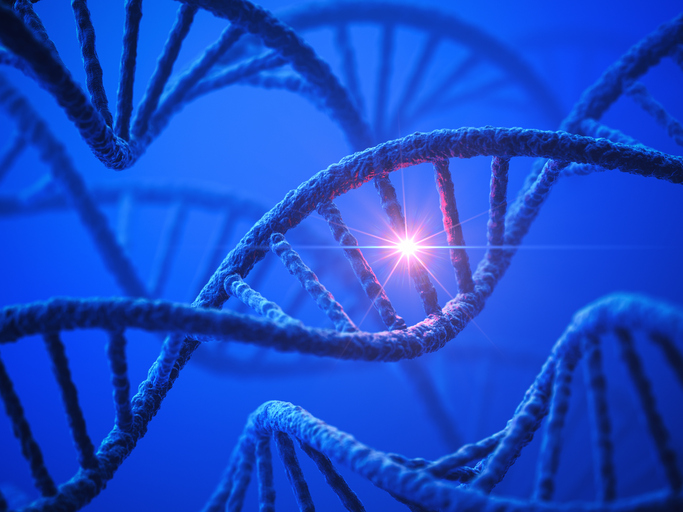
Researchers from Children’s Hospital of Philadelphia (CHOP) and Princeton University have identified a novel genetic disorder that as yet has only been identified in 21 families worldwide. The disorder is characterized by neurodevelopmental and craniofacial symptoms. The findings were published this week in Science Advances.
The disorder, which is yet to be named, is the result of a series of rare variants in the MAP4K4 gene, which is involved in a number of signaling pathways, including the RAS pathway which controls functions such as cell growth and survival in normal cells. RAS is already being investigated as target for a number of other diseases including a number of different types of leukemia.
The research team had documented several patients with neurodevelopmental and craniofacial features that indicated a genetic nature of the disorder. The team then put out an international call in an attempt to find others who had similar features and fit the specific criteria they outlined. As a result the investigators identified patients in 36 countries to allow them to look for a genetic link to their clinical presentations.
“We were able to connect with patients from all over the world who had overlapping symptoms, and eventually we were able to pinpoint the overlapping genes that helped us identify the variants causing these issues,” said co-senior author Elizabeth Bhoj, MD, PhD, an attending physician in the division of human genetics at CHOP.
Another researcher at CHOP, Dong Li, PhD, also identified variants that had not yet been linked to a specific disorder in families with multiple members exhibiting the same symptoms. The variants Li identified where then used to create a zebrafish model to confirm that the variants were the ones responsible for the symptoms.
“The zebrafish is an excellent model for testing identified variants for their potential pathogenicity,” said co-senior author Rebecca Burdine, PhD, a professor of molecular biology at Princeton. “Given the accessible early development of the zebrafish, we were able to assess MAP4K4 variants quantitatively and rapidly in a living embryo. The approach is a powerful one we plan to continue to use to assess variants of unknown function for potential disease genes.”
In the zebrafish models the team was able to demonstrate decreasing activity of the MAP4K4 gene caused the defects observed in humans. They also noted that MAP4K4 activity has the ability to restrain signaling in the RAS pathway during embryonic stages which explained why the particular symptoms were observed in children. While the RAS pathway is well studied and there are several different therapeutics in development that target it, the researchers noted that they would need to strike a fine balance in treating this rare disorder since RAS activity can lead various forms of cancer.
While the researchers identified a rare disorder caused by MAP4K4, there exists the possibility that it is also implicated in more general disease.
“With a new discovery like this, it’s possible we may have missed how these variants influence other diseases,” Bhoj said.













